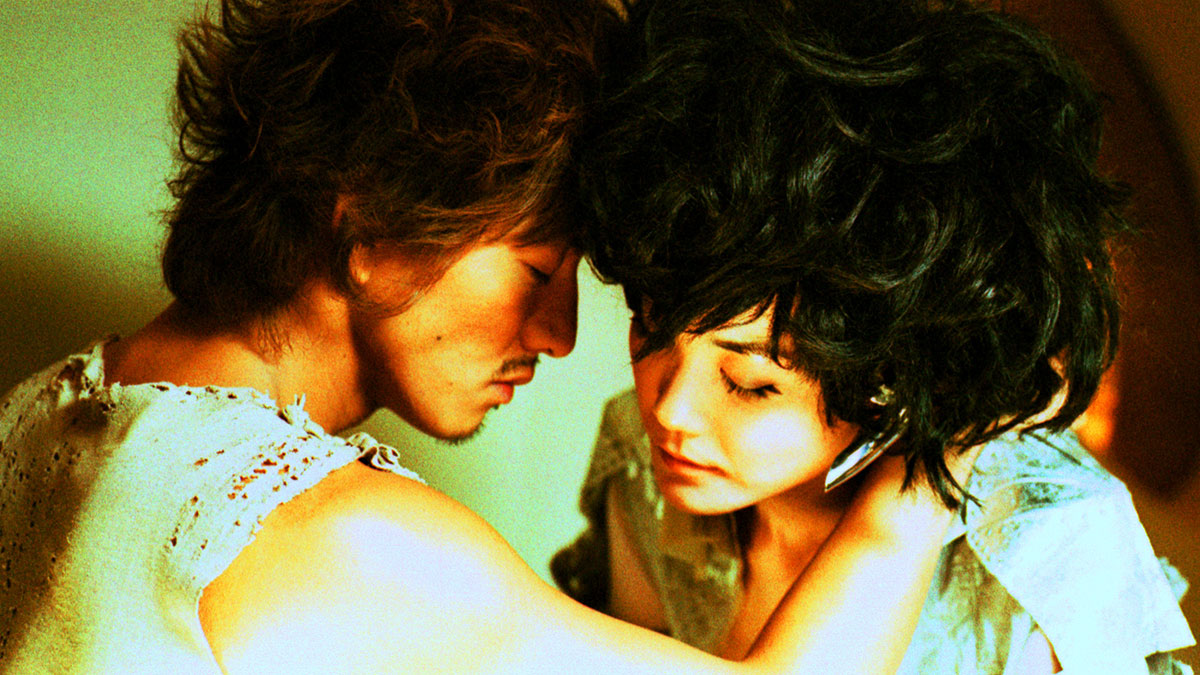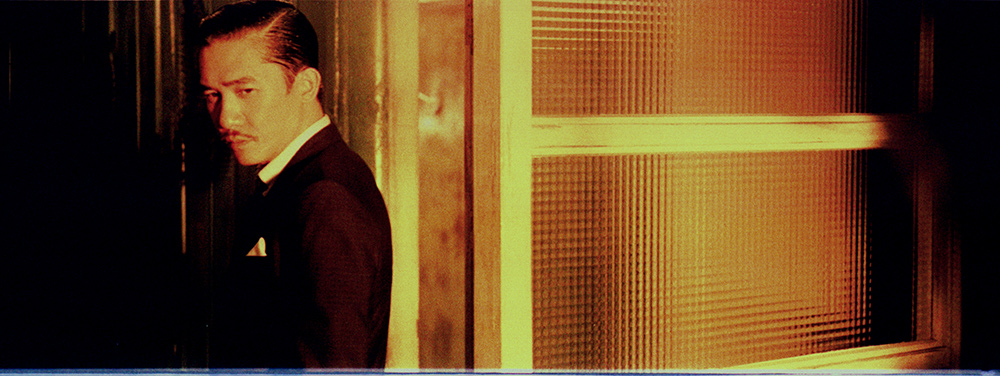
© 2004 BLOCK 2 PICTURES INC. © 2019 JET TONE CONTENTS INC. ALL RIGHTS RESERVED
“2046” Why does Taku/Takuya Kimura ride the train? Capitalism and the anxieties of the times depicted by Wong Kar-wai
2021.06.24
Why does Tak (≒ Chau Mo Wan) ride the train?
Filming for ``2046'' began a month earlier than ``In the Mood for Love'', but the production ran into difficulties and took about five years to complete. However, Kar-wai originally filmed the film before the handover of Hong Kong, saying that he wanted to depict ``things that don't change over time, things that change over time.'' Unfortunately, that wish did not come true.
After the handover of Hong Kong, Kar-wai did not directly depict Hong Kong in the same period. However, in ``2046,'' although it is a novel within a play, it hints at what Hong Kong will look like after the handover. After becoming close friends with Wang, Chan wrote ``2047'' using Wang's lover (Takuya Kimura) as a model. This is the other axis of this work, the story of Taku traveling on a train leaving 2046. As the title suggests, this setting is a metaphor for Hong Kong, which is moving on to its next phase after a 50-year countdown of ``50 Years of No Change''.

“2046” © 2004 BLOCK 2 PICTURES INC. © 2019 JET TONE CONTENTS INC. ALL RIGHTS RESERVED
Taku, the main character of the novel, gets on a train leaving 2046 and embarks on a journey that will last for an unknown amount of time. At some point, the author, Chan, began to project himself onto Taku. This may be an act in which Chau, who feels frustrated in real-life love, uses the novel to fulfill a desire for transformation. However, Tak (≒ Chau)'s love life is not fulfilled. His feelings never reach the android (≒One). Because the android's emotions are delayed, there is a gap in communication between the two that cannot be bridged.
Chau's personal anxiety in the 1960s overlaps with the ``anxiety of the unknown'' in Hong Kong society after 1997 through this novel about aiming beyond 2046. Wang, who was about to marry his girlfriend, sent a Arrival to Chau through his father saying, ``The ending of 2047 is too sad and I want you to rewrite it,'' but Chau did not move. ``I don't know how to make a happy ending'' is a phrase that hangs over Chow's own love and relationships, as well as the future of Hong Kong.
"He didn't look back. It was like riding a long train through the darkness toward a vague future..." These words are shown at the end of the movie, but did Chau really never look back? Although Chau has broken up with Bai, he continues to cling to the past and seems to move forward into the future, rewriting the present through all kinds of possibilities. It's probably the same with Taku, but the difference is that Taku seems to have gotten off the train. But on the other hand, isn't the android who rides the train forever also a part of Chow? The large cavity that appears again in the final scene appears both as a tunnel to the future and as a symbol of the anxiety of the characters and the city.

